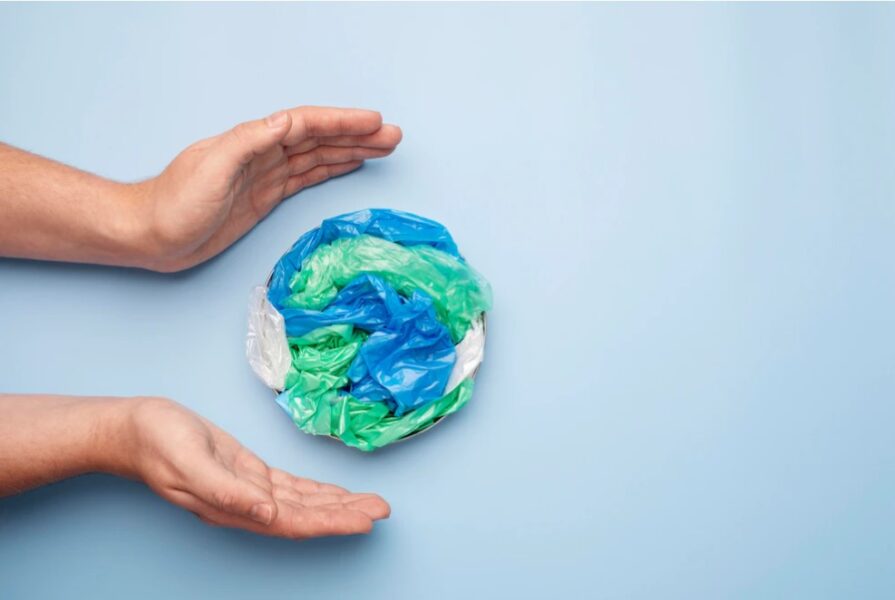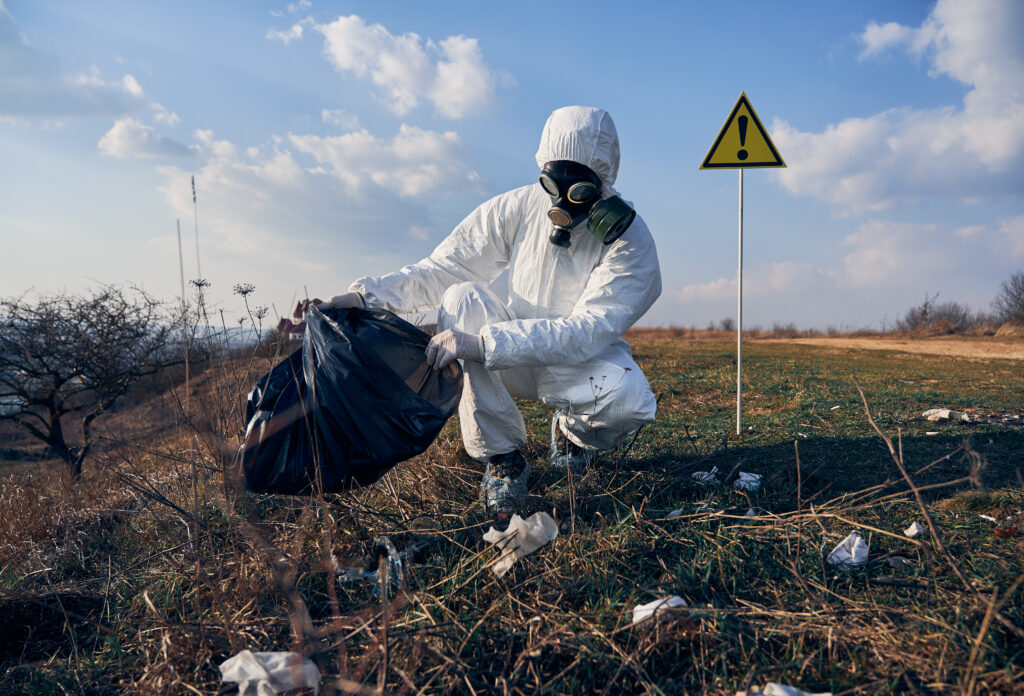
Many people are evaluating their consumption levels about necessities as the world copes with an unprecedented worldwide epidemic. A loss of money has forced some people to reprioritize the things that are truly important to them. Others have found enjoyment in things that don't cost as much money or demand as much time or energy as eating at restaurants, buying fewer clothes, using less gasoline, and finding entertainment in things that don't require as much money or waste as much time or energy.
And, given the global economic and environmental consequences of overproduction and overconsumption, this may not be wholly a terrible thing.
Almost everything we do now necessitates using resources that previously had to be mined, processed, converted, bought and sold, and frequently carried across long distances. Trees, gas, oil, metal ores, and water are raw commodities on which our economy is based. The need for raw materials has increased in recent years, with our resource consumption more than tripling between 1970 and 2010.
However, this consuming behaviour, often known as 'overconsumption,' has harmed the climate, our environment, and our natural resource capacity.
What is overconsumption?
When an ecosystem's resources can no longer be used sustainably, overconsumption occurs. It depletes the earth's natural resources, such as forests, fish, soil, minerals, and water, causing ecosystems to collapse, habitats to deteriorate, and the survival of numerous species that contribute to a complex, vibrant circle of life to be jeopardized.
What is overproduction?
Overproduction occurs when the number of commodities produced exceeds the demands of the consumers. It was the primary cause of the Great Depression. Industries and farms had more things than people could afford, causing prices to fall, companies to close, and employees to lose their jobs, resulting in a seemingly endless cycle of poverty and desire.
“The pleasures of much of our consumption are fast forgotten, but the costs are slow and will be felt by generations for centuries to come.” — Vox

Damage to the environment and the economy
Overproduction and consumption contribute to already high pollution levels and hazardous gases contributing to global warming. Climate change consequences transcend international borders, as well as stories of privilege and wealth, as various publications have revealed over the last decade. As wildfires on the west coast and storms on the east coast grew in intensity and severity, we saw this phenomenon unfold in real-time.
We hurt the economy by overproducing and overconsuming. Several industries have struggled in the previous decade with the devastating consequences of creating more than customers can afford to buy.
You may also like: 6 ways your business can reduce waste
Effect on individuals
Overproduction and overconsumption may not be immediately apparent to the tiny fraction of the world's population that uses the majority of the world's resources. They usually have potable water, a wide choice of food, access to medicine and healthcare, and sanitary living circumstances. And the concept that these things might not be available right away doesn't even occur to them.
However, for the bulk of the world's people, not being able to buy overproduced goods or having access to overconsumed resources might be a death sentence. Many of them will die of starvation and dehydration, and many more diseases that could be readily prevented or cured with good healthcare and living conditions.
What can we do?
The zero-waste movement is one great source of inspiration to create a less consuming lifestyle. It can help when wanting to become more conscious about one’s amount of waste processed by consuming, not only focusing on reducing plastic waste but also food waste and from goods. In general, a great way to start consuming more consciously.
It's much easier said than done to regain control of one's intake. Consumers, businesses, brands, governments, and international relations will all need to undergo major changes at the same time. We can't afford to miss the massive benefits of choosing intentionality over consumption. We set aside more time and money for necessary purchases and life experiences that improve our quality of life.
Material consumption gives with one hand and takes with the other. But it's not too late to throw a wrench in the works by substituting ecologically friendly and non-material consumption for the spokes whenever feasible.






